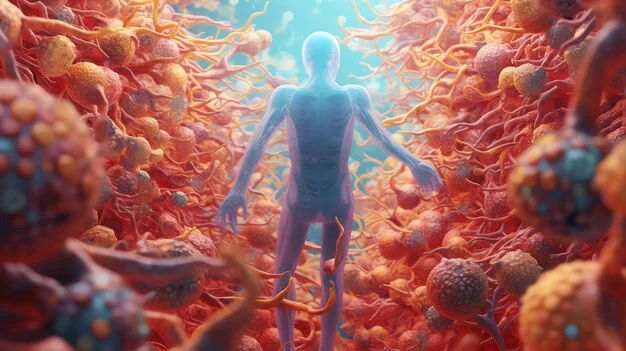
An international group of researchers in the field of molecular biology has made a breakthrough in the study of the human immune system, obtaining important data about its structure and mass.
This information was reported by T4, reports URA-Inform.
Based on the data collected, they concluded that the complex immune system, consisting of a large number of cells, includes about 1.8 trillion immune cells in an adult, with a total weight of approximately 1.2 kg.
Important It should be noted that these parameters may vary depending on gender and age, in particular, in women and children they are usually somewhat smaller.
The results show that immune cells are distributed heterogeneously throughout the body: lymphocytes, which produce antibodies to neutralize “invaders” and organize cellular attacks, make up about 40% of immune cells. However, since lymphocytes are among the smallest cells in the body, they represent only 15% of the total immune system. Neutrophils, which are produced in the bone marrow and engulf offending bacteria, are another 40% of immune cells and 15% of the total mass. Macrophages, dendritic and mast cells, which are 3-10 times larger, account for less than 20% of the total immune cells, but more than 60%.
Scientists, weighing immunity, have come to the conclusion that the most important immunological organs are — lymph nodes, bone marrow and spleen, where most lymphocytes and neutrophils are found.
The gut is home to the majority of plasma cells and therefore makes the largest contribution to antibody-mediated immunity.
< p>Recall that it was previously reported what summer would be like in Ukraine: scientists warned of record temperatures.
